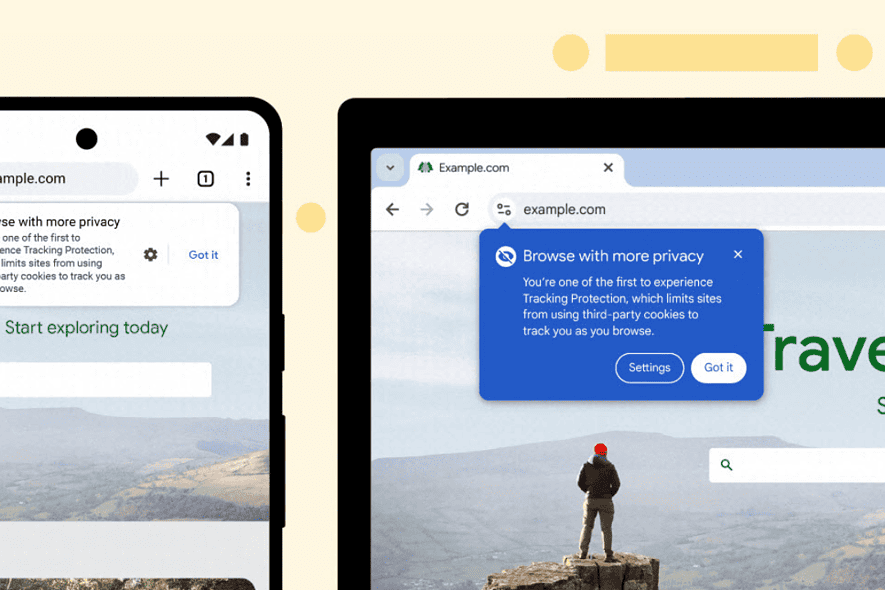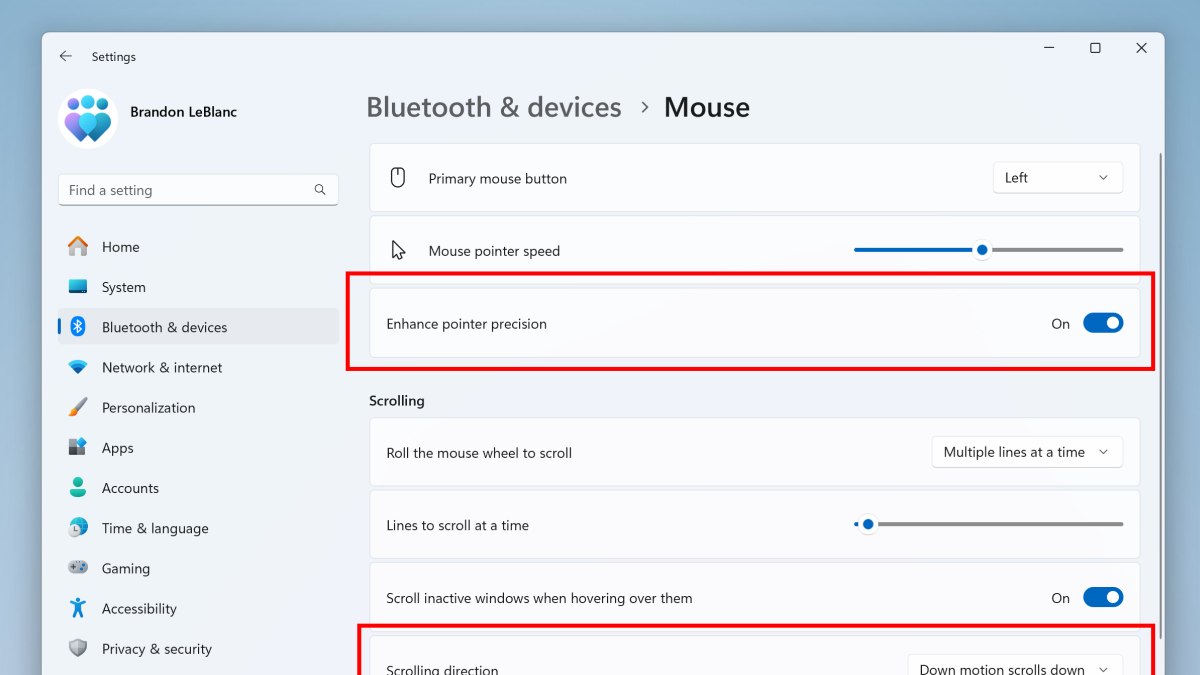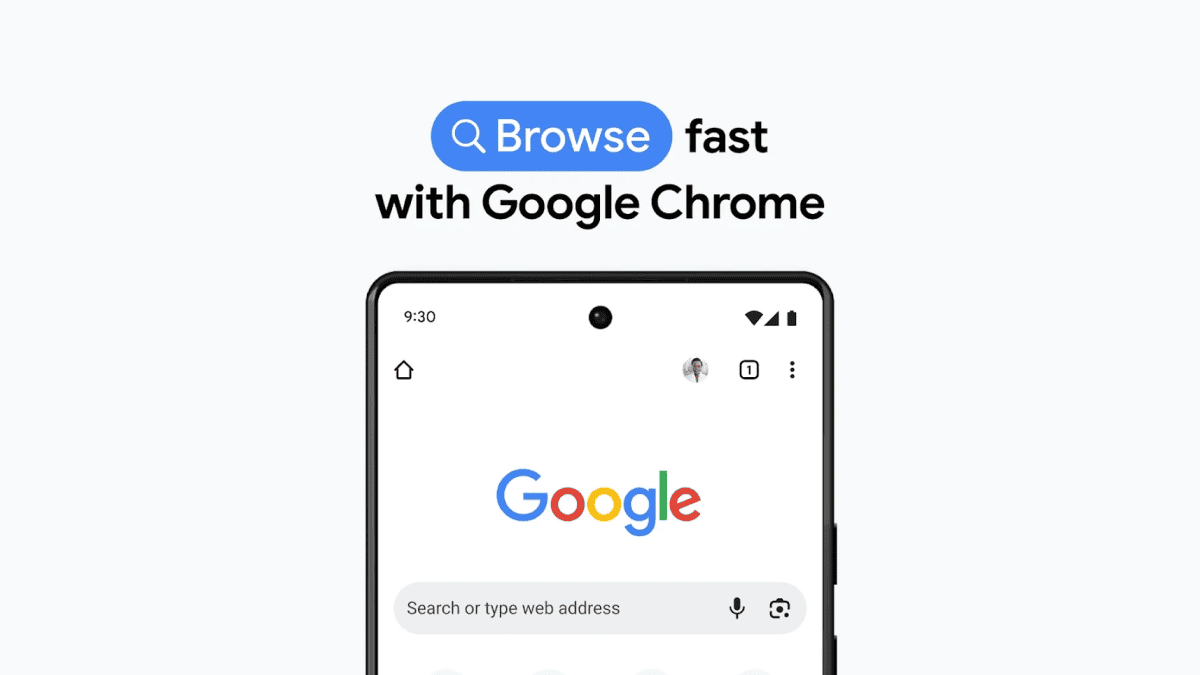Why is Google Chrome turning off third-party cookies from next year?
2 min. read
Published on
Read our disclosure page to find out how can you help MSPoweruser sustain the editorial team Read more

Starting January 4th, 2024, Chrome will test a new feature called Tracking Protection on 1% of users globally. You’ll receive a notification upon opening Chrome as a randomly selected participant. By default, third-party cookies will be restricted, limiting your activity from being tracked across different websites.
What if something breaks? Chrome will identify websites relying on third-party cookies and offer a temporary re-enable option for those sites. Your privacy remains in your hands.
This test marks the beginning of Chrome’s plan to eliminate third-party cookies for all users by the second half of 2024, pending the resolution of any remaining competition concerns.
So, why is Google doing it?
Third-party cookies have enabled many online features but have raised concerns about user tracking and data privacy. To address these concerns, Google’s Chrome browser has proposed the Privacy Sandbox initiative that offers alternative methods for online functionality while prioritizing user privacy. The initiative aims to give users more control over their online privacy and stay ahead of evolving web standards by phasing out third-party cookies and introducing Tracking Protection. This initiative combines protecting privacy, adapting to change, and maintaining Google’s competitive edge.
It’s important to note that the impact of this change is still unfolding, and its long-term implications for Google and the broader web are yet to be fully realized.
More about it here.








